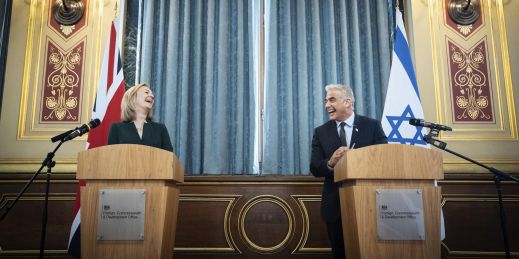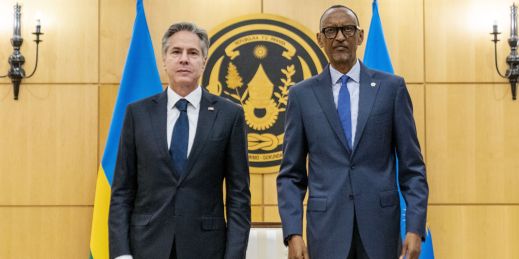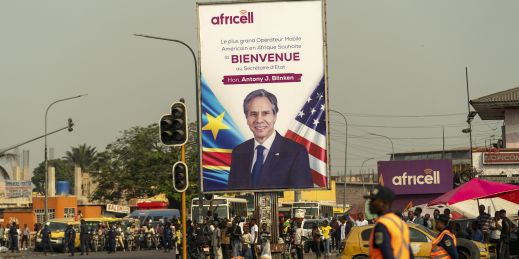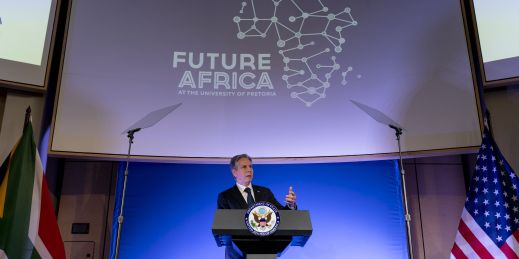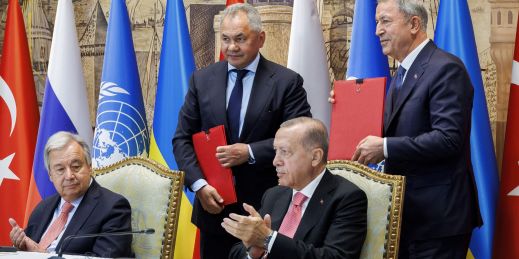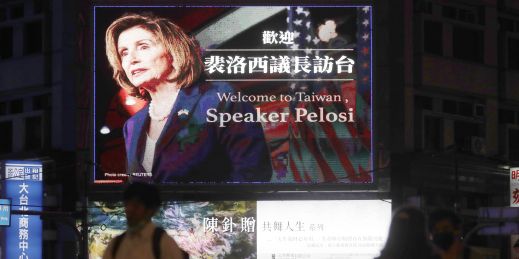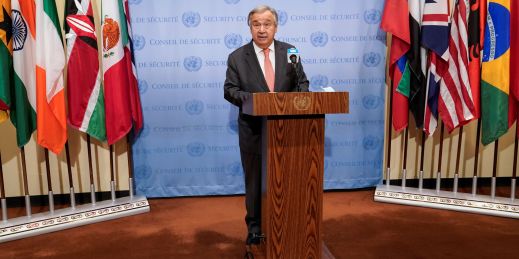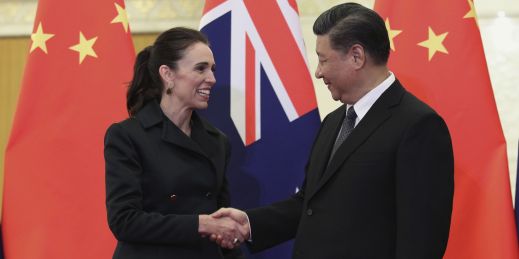
Prime Minister Jacinda Ardern has maintained a bipartisan consensus on New Zealand’s relationship with China, which was nurtured over decades by successive governments. In return for a lucrative trading relationship, criticism of China has remained muted. Yet Ardern has likely sensed that the public mood on China is hardening.


